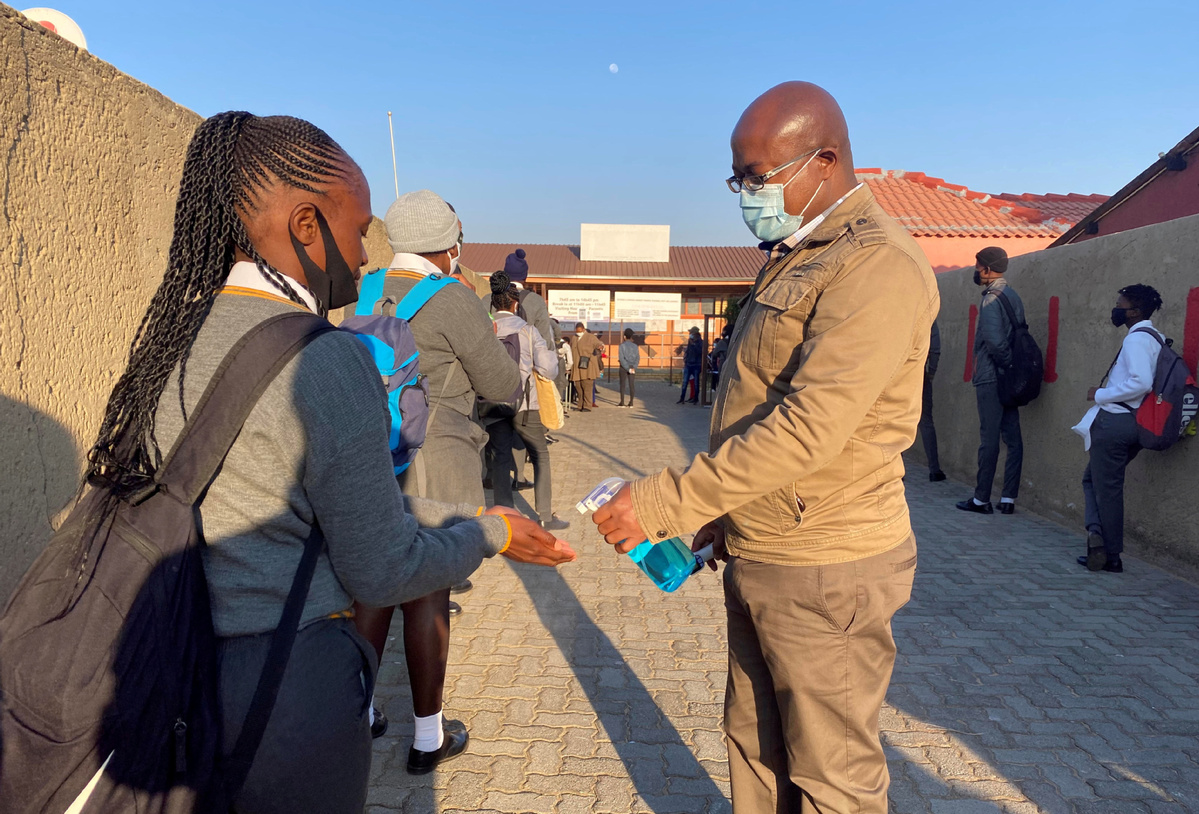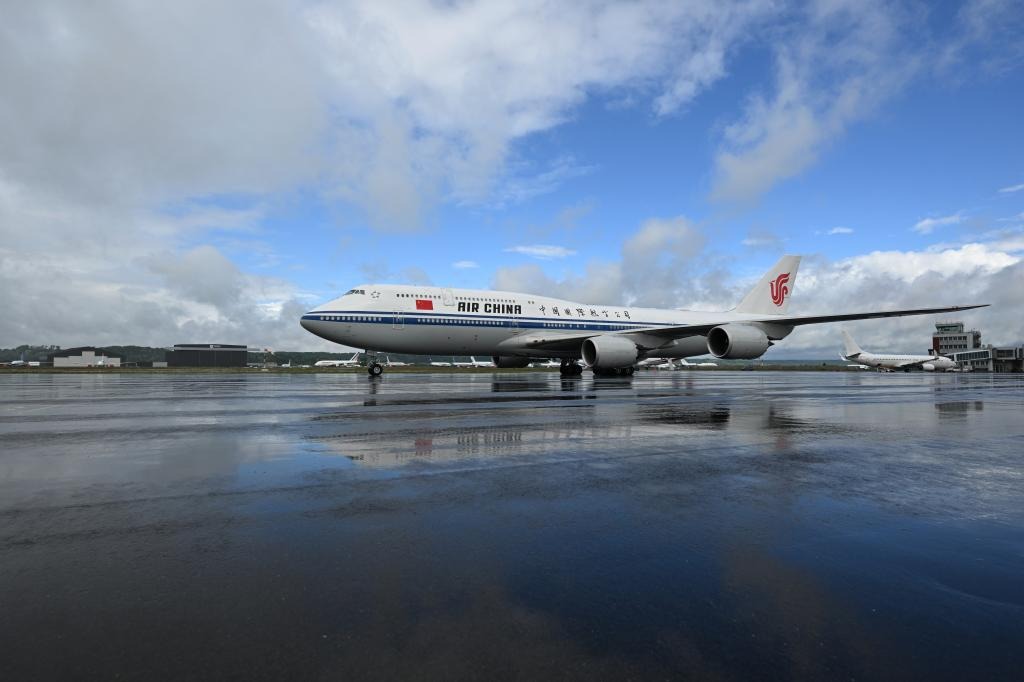Coronavirus accelerates in Africa as governments strive to curb it
By Edith Mutethya in Nairobi, Kenya | chinadaily.com.cn | Updated: 2020-06-15 19:58

Coronavirus is accelerating rapidly across Africa, even as governments and health authorities strive to limit its spread.
The death toll from the pandemic hit 6,253 across the continent as of June 14, while infections reached 233,732.
According to the World Health Organization, while it took nearly 100 days to reach 100,000 cases, the jump to 200,000 cases occurred in less than 20 days.
Following the increased infections, the WHO on Thursday urged African countries to observe constant vigilance.
"For now, Africa still only accounts for a small fraction of cases worldwide", said Dr. Matshidiso Moeti, WHO regional director for Africa. "But the pace of the spread is quickening. Swift and early action by African countries has helped to keep numbers low but constant vigilance is needed to stop coronavirus from overwhelming health facilities."
The rising caseload is being driven by 10 countries, which account for nearly 80 per cent of all cases. More than 70 per cent of deaths are occurring in only five nations, including Egypt with 1,484; South Africa, 1,423; Algeria, 760; Sudan, 447 and Nigeria, 407.
Health workers have been significantly affected by the pandemic, with 4,962 health workers infected in 36 African countries since the beginning of the outbreak, according to the WHO Africa office. South Africa has been the most affected, with 2,084 infected health workers.
The country is also the most affected in the continent in terms of spread of the pandemic, with 65,736 infected cases followed by Egypt with 42,980 cases as of Sunday.
South Africa's Western Cape continues to be the epicenter of the virus in the country with 60.7 percent of total cases, followed far behind by Gauteng with 15.9 percent of the total cases.
To curb the spread of the virus, 43 countries have closed their borders fully, while 35 have extended night-time curfews. Several countries also have banned public gatherings, closed schools and banned international flights.
On Sunday, the Kenyan government announced that the country has recorded 3,457 infections and 100 deaths and is inching towards its peak on coronavirus infections, just like many other African countries.
Doctor Rashid Aman, Kenya's chief administrative secretary for health, said out of 47 counties, 38 have reported coronavirus cases and it's just a matter of time before all counties are affected.
"This is a worrying trend that requires serious interventions at all levels and as a ministry, we have worked, and will continue to work, very closely with county governments to upscale the level of preparedness at the county level," Rashid said.
Doctor Francis Kuria, the head of public health, called upon the public to wear face masks throughout when in public places, according to WHO guidelines.
"I want to urge Kenyans to notice the rising numbers, especially now that Africa is nearing its peak and to use face masks, which is the easiest containment measure to (stop the) spread the virus," he said.
Despite the spike in infected cases, several African countries have started relaxing lockdowns so that economic and social activities can resume.
South Africa started reopening schools on June 1. Angie Motshekga, the basic education minister, assured South Africans that safety measures have been put in place to prevent the spread of the virus at schools. The country also has allowed workers to return to their jobs.
In his address to the nation on coronavirus on Sunday, Emmerson Mnangagwa, the president of Zimbabwe, announced that the lockdown remains at level two.
"Let us begin to further open up, remembering that we all have a role to play. We recognize that the current spike in the number of positive cases requires that we take a more cautious approach in relaxing the lockdown restrictions," Mnangagwa said.
The WHO recommends that as restrictions are lifted, countries must ensure that they can continue to test for coronavirus while also providing access to essential health services.
























